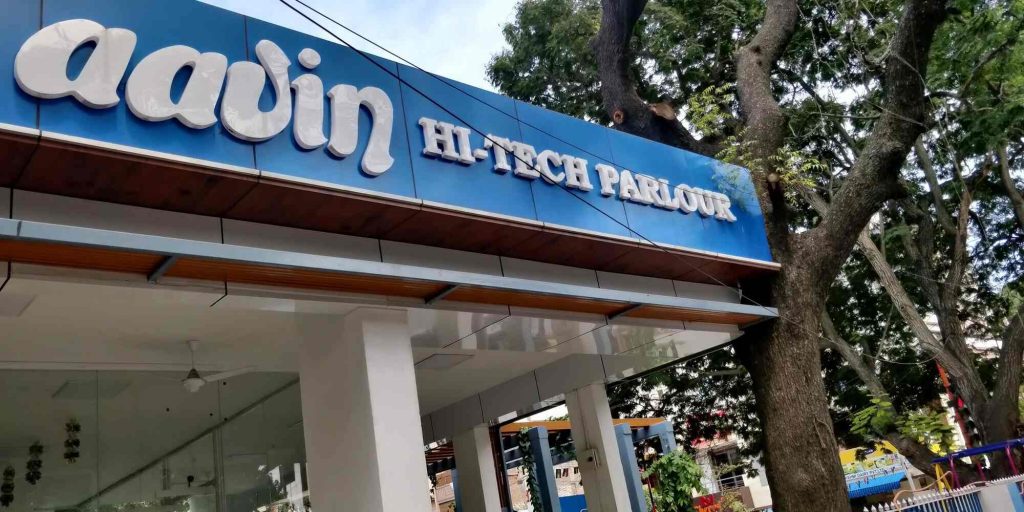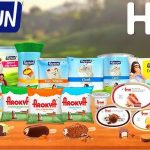
Key regional division of the Indian cooperative sees Deepavali earnings fall due to unexpected shifts in government procurement strategy.
The Madurai Division of Aavin, a critical regional unit of the Tamil Nadu Co-operative Milk Producers Federation, experienced a significant drop in its total sales revenue during the recent Deepavali festival period. Sales fell from ₹7.35 crore in the previous year (2024) to ₹6.5 crore this year, resulting in a substantial decline of ₹85 lakh. This dip in festive earnings highlights the high volatility and dependency of regional dairy cooperatives on institutional procurement contracts for achieving their annual sales targets.
The primary cause for the reported downturn was identified as a sudden shift in purchasing behavior by the Tamil Nadu Medical Service Corporation (TNMSC). Last year, the government agency made a large procurement from the Madurai division, purchasing ₹1.75 crore worth of ghee. This ghee was intended for distribution under the Dr. Muthulakshmi Reddy Maternity Benefit Scheme, which benefits pregnant and lactating mothers. This single large transaction accounted for the previous year’s high revenue figure.
However, sources indicate that during this year’s Deepavali period, the TNMSC elected to procure the equivalent amount of ghee not from the Madurai Division, but directly from the Chennai Division of Aavin. This institutional decision to centralize or shift procurement effectively erased the Madurai unit’s revenue gains from the previous festive season. The incident serves as a crucial data point for analysts tracking the movement and influence of large governmental contracts within India’s complex dairy cooperative structure.
While the loss of the TNMSC ghee order was the dominant factor, officials also cited challenges related to the preparation and distribution of sweet products. Changes in GST rates on non-dairy inputs necessitated adjustments to product pricing. These pricing and regulatory hurdles led to delays in the preparation of sweets and subsequent disruptions in the distribution of stock to retail agents and parlors, ultimately impacting consumer sales during the peak festive window.
Despite these setbacks, the Aavin Madurai team undertook mitigating measures, focusing on core sales channels. Milk procurement from co-operative societies remained stable, and the division aggressively promoted sweets like peda and gulab jamun to industrial units, local politicians, and other government departments starting in September. Furthermore, Hi-tech Aavin parlors in key city locations, alongside dedicated milk agents in rural areas, played a crucial role in maintaining sales momentum and reaching potential customers, preventing an even steeper decline in overall revenue.
Source: Find the complete financial breakdown and market context in The New Indian Express.
You can now read the most important #news on #eDairyNews #Whatsapp channels!!!
🇮🇳 eDairy News ÍNDIA: https://whatsapp.com/channel/0029VaPidCcGpLHImBQk6x1F

















